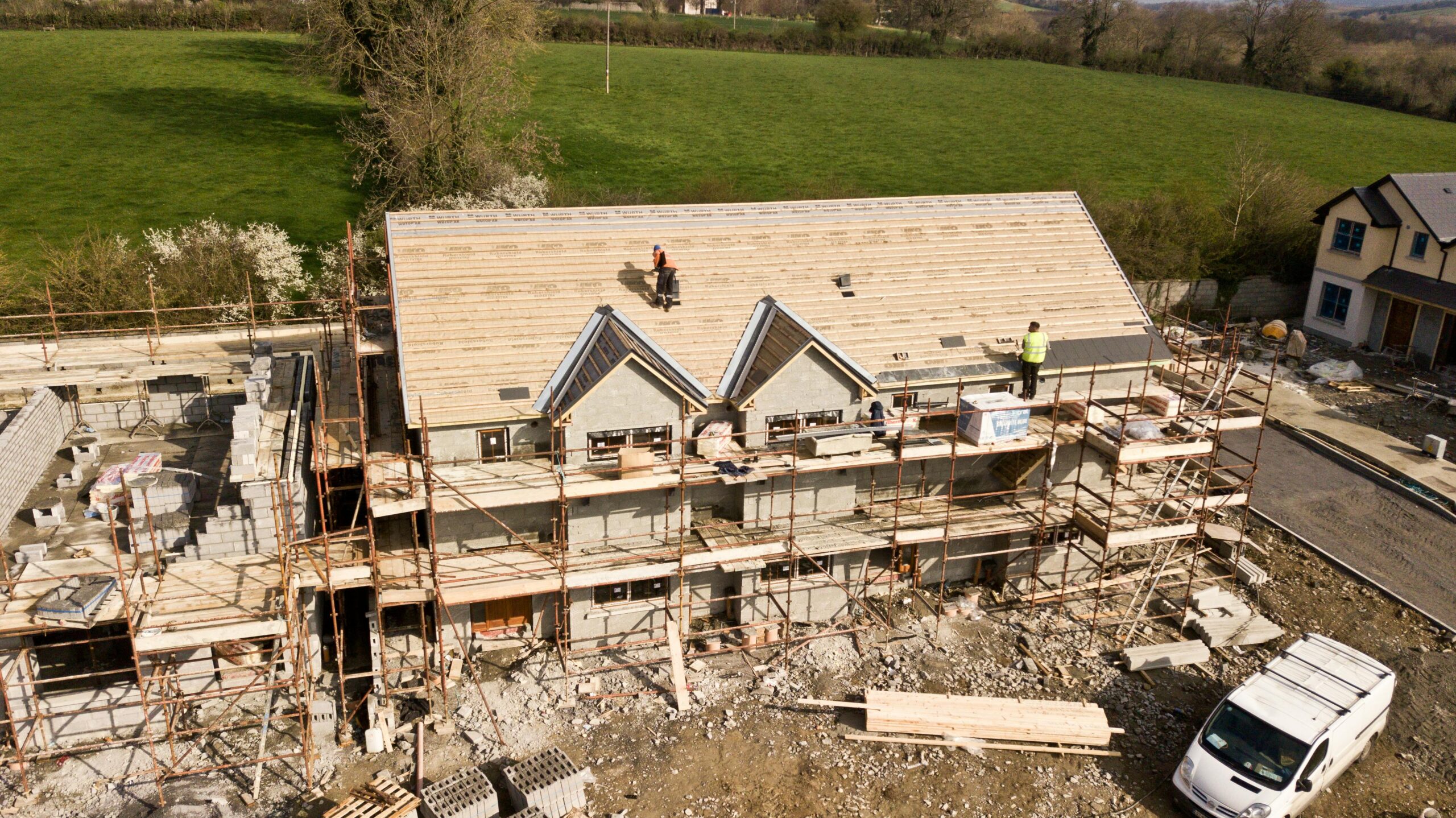 Add My Company
Add My Company

The UK housing market is facing a sharp decline in confidence among prospective first-time buyers. According to recent industry data, the proportion of people intending to buy their first home has dropped to its lowest level in over a decade. Only 13% of respondents in 2025 said they plan to purchase a property in the next 12 months—down from 29% in 2022.
This steep decline illustrates a fundamental shift in housing affordability and accessibility. The combination of soaring mortgage rates, stagnant wage growth, and persistent inflation is creating a near-impossible landscape for those trying to get on the property ladder.
Key Barriers Facing First-Time Buyers in 2025
Mortgage Affordability Crisis
Mortgage costs have surged due to sustained interest rate increases by the Bank of England. As of Q1 2025, the average interest rate on a two-year fixed mortgage sits at 5.85%, making monthly repayments significantly higher than just three years ago.
With average property prices across the UK at £286,000, the required deposit and loan servicing costs are pricing out a generation. Lenders are also tightening credit checks and stress-testing rules, further narrowing access.
Deposit Shortfalls and Income Multiples
The typical first-time buyer deposit now exceeds £50,000, a figure completely unattainable for many renters. Simultaneously, banks are reluctant to lend above 4.5x salary multiples, limiting how much prospective buyers can borrow.
This issue is particularly pronounced in London and the South East, where house prices continue to outpace income growth dramatically. In many areas, saving for a deposit would take a decade or longer without financial support from family.
Rental Market Pressures
Ironically, while buying is out of reach, renting has become more expensive than ever. Monthly rental payments are, on average, 18% higher year-on-year, pushing many would-be buyers into financial limbo. They are trapped in a cycle of paying high rents, which diminishes their ability to save for a deposit.
Government Schemes Largely Ineffective
Failure of Help to Buy Successors
The closure of Help to Buy in 2023 left a vacuum that successor schemes like First Homes and Shared Ownership have failed to fill. Both initiatives suffer from poor regional availability, complex eligibility criteria, and criticism over long-term value.
First Homes, intended to offer properties at a 30–50% discount, is only available in limited areas and often fails to match local housing needs.
Lack of Meaningful Planning Reform
Despite repeated government pledges to “build 300,000 homes a year,” housing completions remain below target. Local opposition, planning bottlenecks, and developer land banking continue to stall supply. In 2024, only 238,000 homes were delivered.
Young People Losing Hope: The Generational Divide
Homeownership Rates by Age
Homeownership among 25–34 year-olds has halved since 2001, dropping from 59% to 29% in 2025. Meanwhile, ownership among over-65s has remained stable above 80%, underscoring the generational inequality embedded in the UK housing market.
This imbalance not only affects long-term financial security for younger people but also delays life milestones such as starting families or establishing community roots.
Parental Support Now a Prerequisite
Over 64% of first-time buyers in 2024 relied on financial gifts or loans from family—the so-called “Bank of Mum and Dad”—up from just 27% a decade earlier. For those without such support, homeownership is no longer a realistic ambition.
Construction Industry Under Pressure
Private Developers Scaling Back
Housebuilders are reacting to falling demand by delaying new projects. Taylor Wimpey, Persimmon, and Barratt have all announced cuts to construction targets and forecasted a 15–20% drop in completions for 2025. This retrenchment will further limit housing supply.
Labour and Material Shortages
The industry continues to grapple with post-Brexit labour shortages, particularly among skilled trades. Material costs, while stabilising slightly from the 2022 peaks, remain 35% higher than pre-pandemic levels. This constrains viability for affordable housing developments.
Policy Recommendations to Address the Crisis
Reform Stamp Duty for First-Time Buyers
We recommend raising the zero-rate threshold on stamp duty for first-time buyers to £500,000 nationwide, reflecting modern housing costs. This would remove a significant upfront barrier and better align tax policy with housing ambitions.
Introduce a Nationwide Rent-to-Buy Scheme
A fully government-backed rent-to-buy model would allow renters to accrue equity over time. Tenants could transition into ownership after five years, with a portion of rent payments contributing to a deposit fund.
Planning Reform with Local Incentives
Central government must accelerate planning reform and introduce financial incentives for local councils to approve developments. A “use it or lose it” clause on land permissions would also curb speculative land banking.
Conclusion: Without Intervention, Ownership Will Become Hereditary
The UK faces a housing market increasingly defined by exclusion and inequality. Without bold policy action, homeownership risks becoming the preserve of the wealthy and the inherited. Rebalancing the market requires coordinated reforms—from lending criteria and planning policy to support for renters.
For more information on UK Property Ladder Crisis: Why First-Time Buyers Are Being Shut Out talk to Nationwide Sureties
